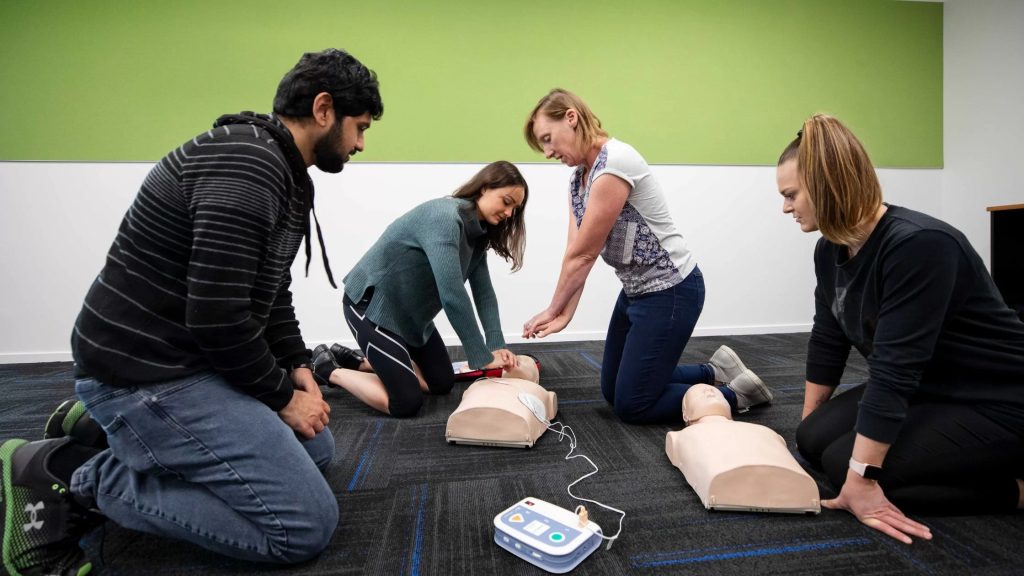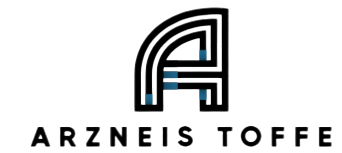College Career Services help students to navigate the difficulties of finding employment after the completion of their studies. In contrast to other student affairs departments that are fully funded through the set fees for registration on campus and commodities known to the public careers services usually rely on employer-sourced revenue for some of their operating costs.
Career offices aren’t the only location for students to make connections. Students can search for opportunities for networking through social media platforms such as LinkedIn.
Career Counseling
College career services give students various tools to help them succeed in their careers. These professionals will help you find a job by providing individual career counseling or classes on how to find a job. They will also help you connect to internships and opportunities to get hands-on experience in your area of interest.
College students often choose their major and the program they study with one goal in mind: a high-paying job upon graduation. However, many students struggle to find work that matches their educational background and qualifications. Based on research of the National Association of Colleges and Employers (NACE) Students who participated in paid internships are 2.4 times more likely to say that their work is related to their degrees.
The department of career services of a university can help students narrow their choices by determining their interests and qualifications. They can help them create a plan to achieve their goals, including advising on any additional skills they might need or other extracurricular activities they may be interested in taking on.
In contrast to other campus units which are fully funded by set campus registration fees and other commodities that are well-known, career services often rely on employer-sourced revenue to pay a part of their operating expenses and personnel salaries. Their skills in marketing are vital as they must know how to reach out to employers and attract qualified potential candidates.

How to write a Cover Letter and resume
Your job search isn’t complete without an impressive resume and cover letter. They are the employer’s first impression of your capabilities, abilities, and interests. They also play a key factor in deciding whether to send candidates on for interviews.
A resume that’s visually appealing, concise and well-organized will impress the employer and about his https://baoxinviec.shop/. Make sure to include only relevant information for the job for which you’re applying. List your work experience in reverse chronological order and be sure to include the company/organization, title, and dates (month and year). Share quantifiable data whenever possible. List any special skills you have that make you appropriate for the job (i.e. programming languages and statistical software, lab procedures).
The cover letter you send should complement your resume, and show your interest in the position/organization you are applying for. The cover letter shouldn’t be a copy of your resume. Always customize each cover letter for the specific position/organization for which you are applying.
Tips for Interviews
The interview is among the most crucial steps in your job search. It is your chance to explain how your skills, interests and experiences fit the company’s needs. It is also possible to inquire about the company, position or salary.
In order to prepare for an interview, it is critical to study the company’s history. You should familiarize yourself with the company’s history, products and services, mission and the company’s values. You can answer questions like “Why did you decide to go with this company?” or “What’s your most limiting point?” by researching the company.
You need to be prepared to share the ways in which your education and experiences have prepared you for this job. It’s an excellent idea to plan your presentation by writing down your achievements and your strengths. It is possible to include examples which demonstrate your problem-solving abilities, communication abilities, or the ability to lead.
Also, you should be aware of the standard formats of interviews such as the case interview or behavioral interview. The Career Services staff can assist you with getting ready for these kinds of interviews by providing practice sessions and coaching. You can also access GW InterviewPrep as in first-hand tutorial videos on Handshake. It is important to thank the interviewer for their time and reiterate your enthusiasm.
Strategies to Search for Jobs Strategies
The job search is a lengthy and difficult process. For success it is essential that students develop the skills in job hunting and have a plan. This process can take six to nine months, or longer, and students need to be prepared to deal with the ups and downs of securing employment.
The most effective job search strategy is networking. Students must establish connections with their alumni relatives and friends as well as professors to find out about jobs and companies that are appealing to them. Students should also go to events for job fairs, information sessions and interviews on campus to connect with employers. Handshake is a career-related platform that advertises jobs and internships.
Students should also work on preparing a resume as well as cover letters that are tailored to each job application. Resumes should contain industry-specific keywords, powerful statements, and a personal touch to distinguish themselves from other applicants. Applicants should also be prepared for interviews by doing research on the company and the interviewer to show their interest in the job.
To meet the demands and expectations of their students, a number of top universities are offering innovative career services. Johns Hopkins’s president recently declared a job guarantee for graduates. Meanwhile, Colby College has launched DavisConnects to provide more access to research opportunities and internships. These new initiatives are designed to address the limited capacity of traditional career services, which often do not cater to those who are most in need.


